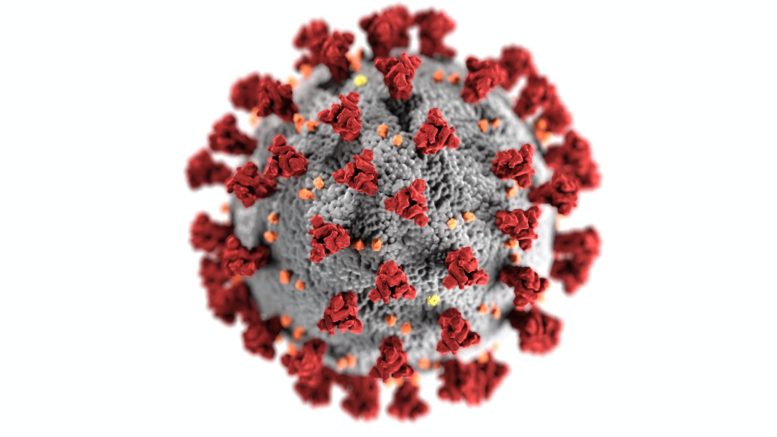To learn more about the long-term effects of the COVID-19 virus, researchers at East Tennessee State University are seeking research participants who have been diagnosed with COVID-19 and who have continued to experience ongoing effects 90 days after recovery.
Individuals who experience lingering symptoms from the virus often describe themselves as COVID-19 “long haulers.”
“New evidence suggests that COVID-19 negatively impacts various body systems, both during time of infection, and in some, for weeks to months after recovery,” said James L. Adkins, clinical research coordinator for ETSU’s Center of Excellence in Inflammation, Infectious Disease and Immunity.
Ongoing symptoms after initial COVID-19 recovery could include headaches, joint pain, fever, chills, brain fog, nausea or vomiting, diarrhea, shortness of breath and/or blood clots. Long-haulers might also experience change in heart or lung function, change in liver or kidney function and/or neurological impairments.
This “Long Haul” study requires participants to complete a survey that documents their ongoing symptoms and contribute a blood sample around every 90 days until they no longer wish to do so. As a courtesy, participants may request a free copy of their antibody results, complete with an IgG concentration that lists the number of antibodies in their system.
The “Long-Haul” study requires that participants be persons 18 years or older who have received a diagnosis of COVID-19 (out of quarantine) with symptoms lasting longer than 90 days.






